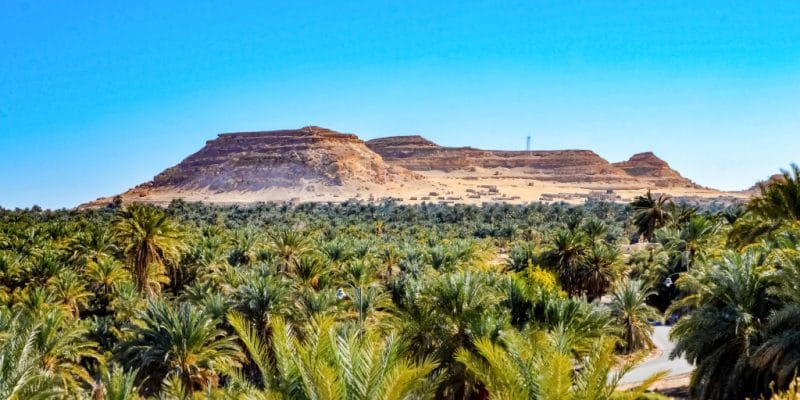Azelio will install 20 units for the storage of electricity produced from solar photovoltaic systems in Egypt. The Swedish company has received the order from the Egyptian company Engazaat Development S.A.E., as part of a project to develop ecological agriculture in Egypt.
Azelio wins a new market in North Africa. The Gothenburg-based company will supply 20 storage units for electricity generated from renewable sources for a price of $1.5 million. The contract is with the Egyptian company Engazaat Development S.A.E, which specialises in the development, implementation and management of infrastructure systems in the water, technology and renewable energy sectors.
Read also- MOROCCO: Azelio installs a storage system at the heart of the Noor solar complex
Azelio intends to install its ES.POD® units there. This is a system that stores renewable energy in recycled aluminium and provides electricity and heat on demand. According to the Swedish company, the order was placed “subject to the conditions of an on-going technical and economic feasibility study for this specific project. Based on an agreed business configuration and permits obtained.
An ecological agriculture project
The storage systems are being installed as part of a sustainable agro-village and SAVE entrepreneurship platform project in the Moghra oasis in the governorate of Marsa-Matruh, northern Egypt. The oasis consists of a small lake of 4 km² containing brackish water, salt marshes and reeds. The Engazaat Development S.A.E. project, in which Azelio is involved, will allow the installation of mini-grids powered by solar photovoltaics.
The storage system will allow the mini-grids to power the agricultural facilities after sunset. The solar panels installed in the oasis will have a total capacity of 260 kWp. Azelio estimates that these installations will enable farmers to obtain 85% of their energy from renewable sources. Azelio and Engazaat Development S.A.E will set up a joint venture to deploy their technologies.
“Together, we believe that we will be able to decipher the energy supply formula needed to produce food and water in an ecologically and economically sustainable manner,” enthuses Muhammad El Demerdash, Engazaat’s managing director. The solar power generation and storage systems will reduce diesel consumption on farms by 232 m3 per year, reducing emissions by 603 tonnes of CO2 equivalent over the same period.
Jean Marie Takouleu







